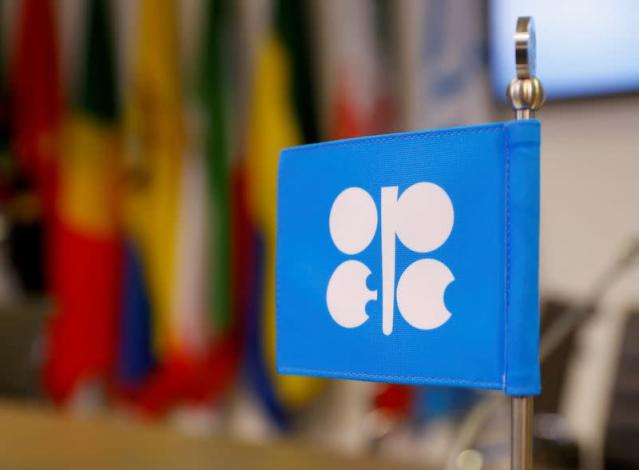In December 1975, when memories of gas lines were fresh on the minds of Americans as a result of the 1973 OPEC oil embargo, Congress established the Strategic Petroleum Reserve (SPR). The law was designed “to reduce the impact of severe energy supply interruptions” such as that caused by the embargo. This crude oil is stored in underground salt caverns at four major oil storage facilities in the Gulf Coast region of the United States. There are two sites in Texas and two sites in Louisiana.

Is the SPR Obsolete?
There was once a period during which the U.S. was heavily dependent upon OPEC for oil imports. Just a few years ago, OPEC was responsible for about 40% of the oil we imported. Today that has declined to about 10% as a result of the resurgence of U.S. oil production.
The U.S. was a total petroleum net exporter in 2020 and 2021. We still import about 8.5 million barrels per day (BPD) of crude oil. However, we export a bit more than that in petroleum and finished products.
Why, then, does the SPR still matter? Does the SPR still make sense given the turnaround in U.S. oil production? We can certainly argue that with the growth of U.S. oil production over the past 15 years, the SPR has become less important than it was when it was originally established.
But selling off the oil in the SPR is a risk. According to the Department of Energy’s website on the SPR:
“SPR oil is sold competitively when the President finds, pursuant to the conditions set forth in the Energy Policy and Conservation Act (EPCA), that a sale is required. Such conditions have only existed three times, most recently in June 2011 when the President directed a sale of 30 million barrels of crude oil to offset disruptions in supply due to unrest in Libya. During this severe energy supply interruption, the United States acted in coordination with its partners in the International Energy Agency (IEA). IEA countries released altogether a total of 60 million barrels of petroleum.”
The Politics of the SPR
Although the SPR has been used infrequently for “emergencies”, it has been used frequently by politicians seeking to influence gasoline prices in election years. There is a long history of this. Arguably, this was the primary reason that earlier this year President Biden announced the largest SPR release in history.
Since the beginning of the year, nearly 40% of the SPR has been sold off. It is at its lowest level since 1984. This has undoubtedly helped drive down oil prices, but this situation is unsustainable. We now have significantly less oil in reserve should a true emergency occur. A significant supply disruption in the Middle East, Venezuela, or Nigeria could quickly remind us of the SPR’s importance.
But why should any of this matter if we are essentially self-sufficient in our oil production? For the same reason, the loss of Russian imports earlier in the year helped drive gasoline prices much higher. The oil we import is a good match for U.S. refineries, and often the oil we export is not. So, a substantial loss of oil imports — and an inability to make up for that loss with the SPR — could cause significant disruptions that lead to price spikes in both oil and gasoline prices.
Saudi Arabia certainly recognizes this vulnerability, and they have used it against us. Over the past six months, the U.S. has drawn down the SPR by close to 1 million BPD. But at its most recent meeting, OPEC — led by Saudi Arabia — announced plans to reduce oil production by 2 million BPD from November levels.
The SPR as Insurance
I have compared the SPR to an insurance policy on your home. The odds that your home will be destroyed are small. But, if it does happen you will be very glad you had that homeowner’s policy.
Now consider that you greatly reduced your insurance coverage, AND someone had an incentive to somehow profit from that. You have placed yourself in an extremely vulnerable position.
That’s where we are now. We are more at the mercy of OPEC than we have been in a few years. I don’t think there’s any question that Saudi Arabia, in particular, would rather deal with Republicans (especially with Donald Trump).
So, in effect they are killing two birds with one stone. By restricting production, they are potentially hurting the Biden Administration by driving up oil prices. Second, the drawdowns from the SPR have cost them money, and this will be a way for them to profit from our vulnerability.
By Robert Rapier







